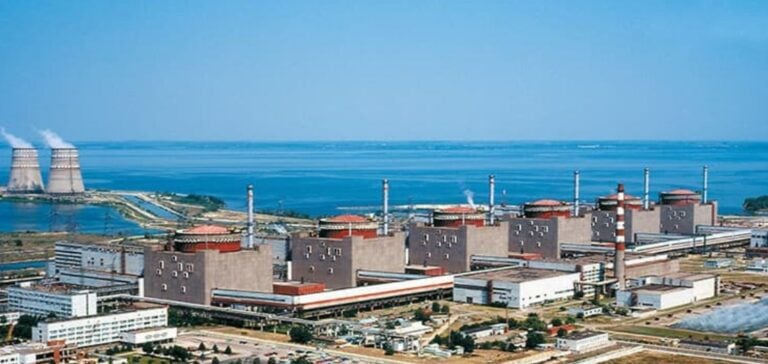The current context for the global nuclear industry is marked by the crisis in Ukraine, particularly around the Zaporizhzhia power plant. Since the beginning of the occupation by Russian forces, the international community, under the aegis of the IAEA (International Atomic Energy Agency), has been observing a delicate situation where nuclear safety and political imperatives collide.
The Complexity of Sanctions
Rosatom, Russia’s nuclear agency, plays a crucial role in the supply of nuclear fuel and technology to many countries. Despite calls for tougher sanctions, particularly from Ukraine, industrial realities and existing dependencies complicate the implementation of such measures. Indeed, global nuclear energy supply chains cannot be reconfigured rapidly without jeopardizing the energy security of several nations.
Challenges for the IAEA
The IAEA finds itself in a delicate position. Its role is primarily technical, aimed at preventing any nuclear disaster. Rafael Grossi, IAEA Director General, stressed that any explicit political stance by the Agency could compromise its ability to operate effectively in the field, particularly in sensitive areas such as Zaporizhzhia.
International Response
Economic sanctions against Russia have not yet included the nuclear sector in any significant way. This is due to the complexity and risks associated with a rapid transition to other suppliers. For example, several European VVER reactors depend on Russian components and services for safe operation. An abrupt interruption could lead to substantial safety risks.
Outlook and Analysis
Future prospects for the nuclear industry require a thorough analysis of current dependencies and diversification options. Initiatives to reduce dependence on Russian technologies are underway in several countries, but they require time and significant investment. In addition, the IAEA continues to play an essential role in providing independent safety assessments and facilitating international cooperation.
The situation in Zaporizhzhia and the discussions on sanctions against Rosatom illustrate the complex challenges facing the global nuclear industry. Nuclear safety cannot be compromised by hasty decisions, and a balanced, technically sound approach is essential to navigating this crisis.






















